 |
 |
 |
 |
 |
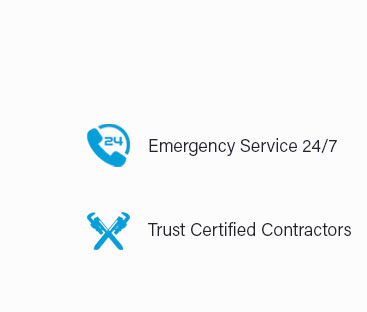 |
 |
 |
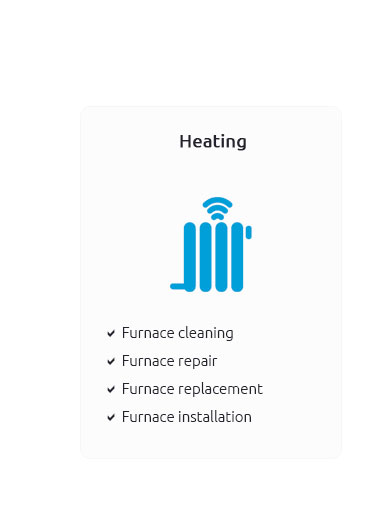 |
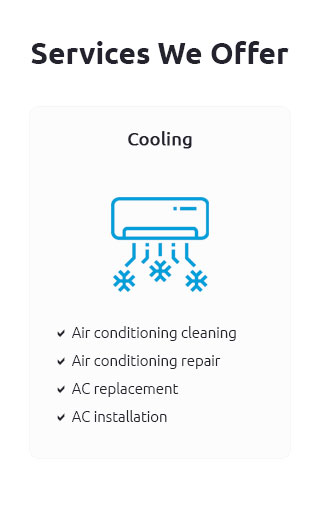 |
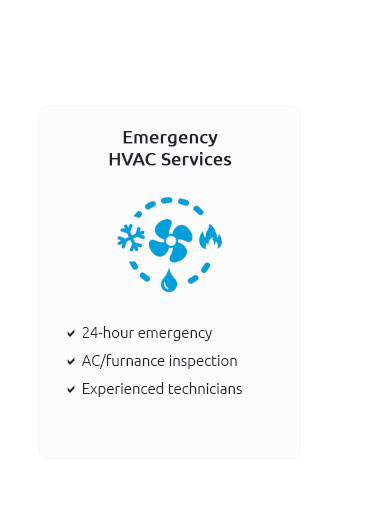 |
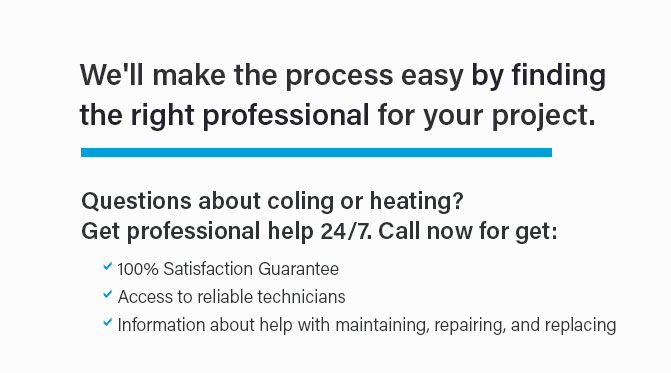 |
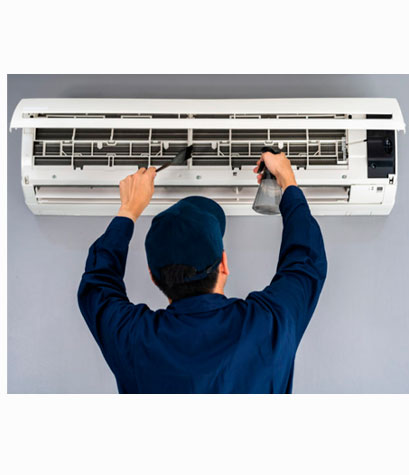 |
 |
 |
 |
Home Heating Radiator Maintenance: Essential Tips and TechniquesMaintaining your home heating radiator is crucial to ensure efficient performance and prolong its lifespan. Regular maintenance not only helps in reducing energy bills but also prevents unexpected breakdowns during cold seasons. Why Regular Maintenance MattersRegular maintenance of your radiator is important for several reasons:
Steps for Effective Radiator MaintenanceBleeding the RadiatorBleeding your radiator is a simple process that removes trapped air, ensuring optimal heat distribution. Here's how:
Checking for LeaksInspect your radiator and surrounding pipes for signs of leaks. Early detection can prevent costly repairs. Cleaning the RadiatorDust and debris can accumulate, reducing efficiency. Clean the radiator with a vacuum and a damp cloth. Advanced Maintenance ConsiderationsSometimes, basic maintenance is not enough. If your radiator is still not performing well, consider an ac air conditioner repair service for a comprehensive system check. Frequently Asked QuestionsHow often should I bleed my radiator?It's recommended to bleed your radiator at least once a year, typically before the start of the heating season. What should I do if my radiator is cold at the bottom?If your radiator is cold at the bottom, it might be due to sludge buildup. Flushing the system can help, or you may need a professional ac tune up service. Can I paint my radiator?Yes, you can paint your radiator, but use a paint that can withstand high temperatures, and ensure the radiator is turned off and cool before starting. https://www.completehomewarranty.com/maintaining-boiler-radiator-system/
If you have a radiator, you should perform some basic maintenance once a year to keep it in the best shape possible. The most important task is to bleed the ... https://www.reddit.com/r/HomeImprovement/comments/yddt9y/gas_boiler_and_radiator_maintenance/
Assuming water, if the radiators have bleed valves then you should bleed the air out periodically. Maybe once or twice a year, or when you hear ... https://homewarranty.firstam.com/blog/basic-radiator-maintenance-guide
Radiator Maintenance Tasks - Examine Radiator Pipes - Bleed Hot Water Radiators - Clean Steam Radiator Vents - Repair Radiator Leaks - Check Boiler Pressure.
|